Is It Time to Switch to an Electric Water Heater?
Water heating accounts for about 17% of all household energy use. With rising energy prices, many homeowners are looking for ways to cut costs while reducing their carbon footprint. Gas water heaters have long been the norm, but improvements in technology are making electric models a more viable option. In this article, we’ll compare gas and electric water heaters across a range of factors to help you determine if making the switch makes sense for your home.
Key areas we’ll examine include energy efficiency, operating costs, environmental impact, safety, maintenance, installation, lifespan, and more. By the end, you’ll have the information you need to make an informed decision about your next water heater purchase. Modern electric heaters have come a long way and provide a compelling case based on cost savings and environmental benefits. Read on to learn if an electric model is right for your household.
How Electric and Gas Water Heaters Work
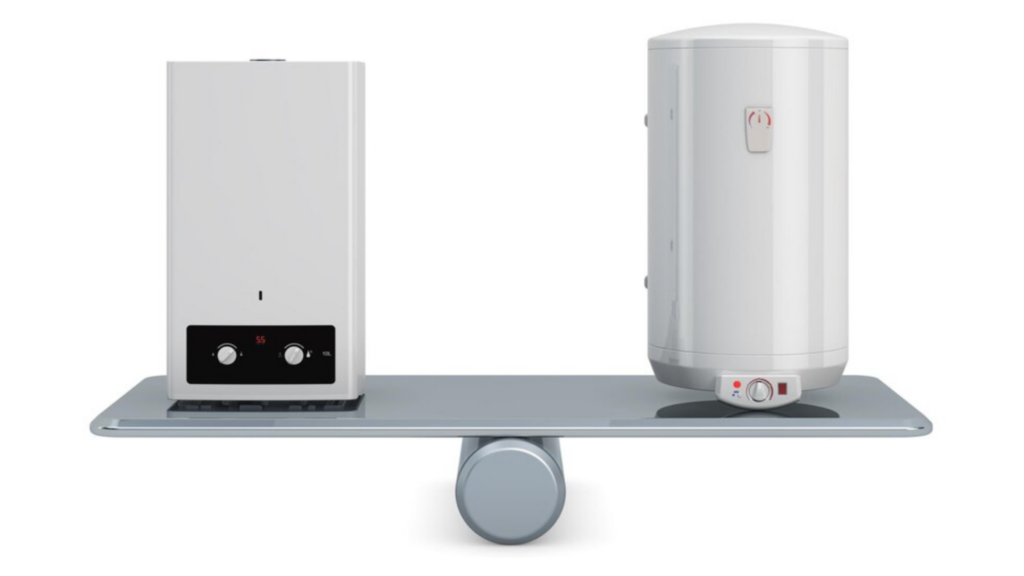
Water heaters come in two main types – gas and electric. Both use different heating methods to heat water for residential and commercial use.
Gas water heaters heat water using a gas burner fueled by natural gas or propane. The gas burner heats a metal tank filled with water. As the water is heated, hot water rises to the top of the tank and exits through the hot water line. Cold water enters the tank through a cold-water inlet, ensuring a constant supply of hot water. Gas water heaters provide hot water on demand but do require ventilation to exhaust gas emissions.
Electric water heaters use electric heating elements to heat the water in a storage tank. The elements generate heat when electricity passes through them, like a household appliance. As the elements heat up, the water around them gets hotter until the entire tank is heated. Electric models don’t require ventilation like gas heaters, but they do rely solely on electricity to function.
Both types use a thermostat to regulate water temperature and keep it constant. The thermostat cycles the heating on and off automatically as needed.
Energy Efficiency
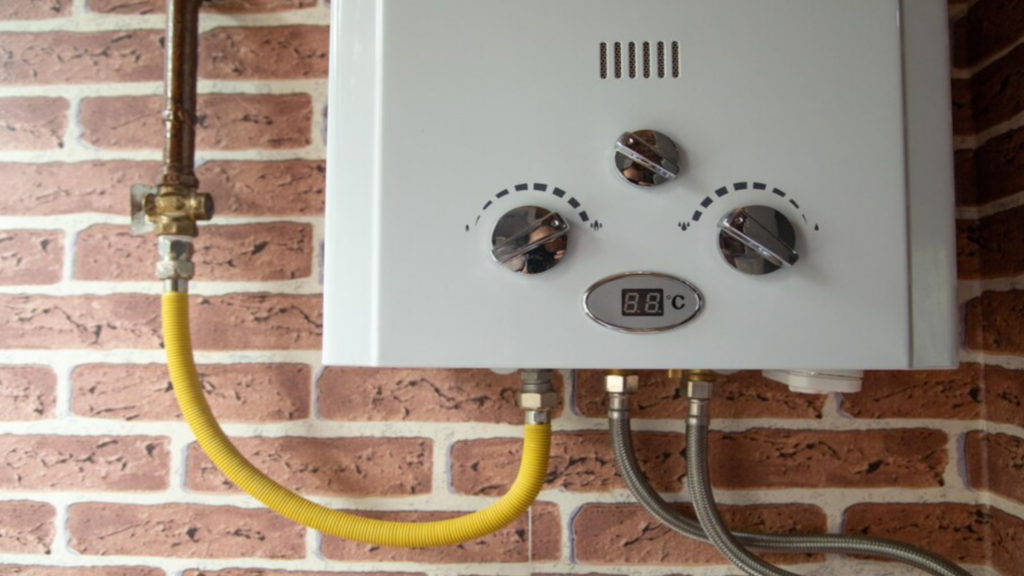
Electric water heaters are generally much more energy efficient than gas water heaters. This is due to a few key factors:
- Electric heat pump water heaters have efficiency ratings of 2 to 4 times higher than a standard gas water heater. For example, a gas water heater may have an energy factor (EF) rating of 0.60, while a heat pump water heater can achieve 2.00 to 3.00. This means an electric heat pump water heater can provide the same amount of hot water using a fraction of the energy.
- Electric resistance water heaters, while less efficient than heat pump models, still tend to rate higher than gas models. A standard electric resistance tank water heater may have an EF around 0.90 to 0.95, still beating out most gas water heaters.
- Electric heat pump water heaters move existing heat rather than generating new heat, making them extremely efficient. The heat pump extracts warmth from the surrounding air and transfers it to the water.
- Gas water heaters generate heat by burning fossil fuels, which inevitably wastes energy and is not as efficient as electric heating methods. Up to 20% of the heat generated by a gas heater goes out of the flue.
For homeowners looking to save on energy costs and reduce their environmental impact, electric water heaters, especially heat pump models, are vastly more energy efficient than gas water heaters. The higher upfront cost of electric heaters will pay off over time with energy bill savings.
Operating Costs of Electric Vs. Gas Water Heaters

When comparing gas and electric water heaters, one of the biggest considerations is the cost to operate them. Electric water heaters generally have lower operating costs than gas heaters.
This is because electricity prices are usually more stable than natural gas prices, which can fluctuate wildly. Additionally, electric heat pump water heaters are 2-3 times more energy efficient than standard electric resistance water heaters. This is because they use heat pump technology to pull latent heat from the surrounding air.
To compare costs:
- Standard electric water heaters have average operating costs of $350-400 per year on average
- High efficiency electric heat pump water heaters have operating costs of $200-250 per year
- Gas water heaters have operating costs of $400-550 per year on average
Electric heat pump water heaters can save homeowners $150-300 per year compared to gas, which really adds up over the 10–15-year lifespan of a water heater. Electric resistance models have costs comparable to gas, but new technology like heat pumps give electric the edge.
As electricity from renewable sources continues to grow, electric water heater operating costs will decrease even further while gas prices fluctuate. For the most cost effective and energy efficient water heating, electric heat pump models are the best option.
Environmental Impact
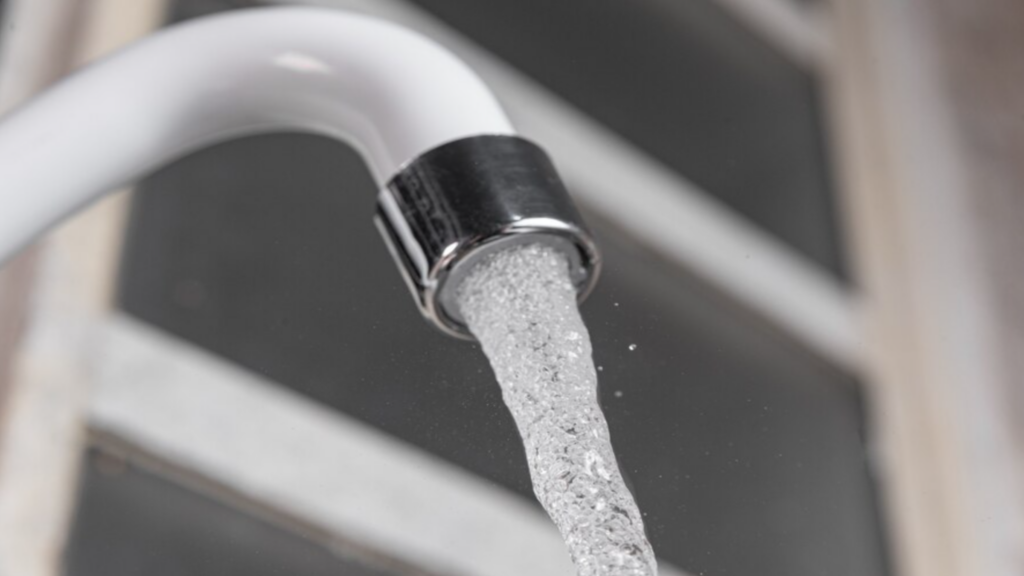
When it comes to environmental impact, electric water heaters have a clear advantage over gas water heaters. Electric water heaters produce zero direct emissions, since they don’t burn any fossil fuels. Gas water heaters, on the other hand, directly emit greenhouse gases like carbon dioxide and nitrogen oxides into the air we breathe.
By choosing an electric water heater over gas, you can significantly reduce your home’s carbon footprint. Electricity generation does indirectly produce emissions, but as more electricity comes from renewable sources like wind and solar, an electric water heater will become even cleaner over time. Going electric is one impactful way you can reduce your environmental impact and be part of the climate change solution.
Safety

When comparing gas and electric water heaters, safety is an important consideration. Gas water heaters come with the risk of gas leaks and potential explosions, while electric models pose the threat of electric shocks.
Gas leaks are one of the biggest safety concerns with gas water heaters. If the gas lines or connections have any issues, it can lead to leaks of combustible gas into your home. This creates the risk of explosions and fires. Even a small leak over time can cause a dangerous buildup of gas. Gas water heaters are required to have safety valves and exhaust vents to try to prevent this, but malfunctions can still occur.
The flames used to heat the water in gas heaters also create carbon monoxide as a byproduct. If the exhaust vents fail, this odorless gas can leak into your home and cause poisoning. Every year there are deaths from carbon monoxide leaks from faulty gas appliances. Proper installation and maintenance are crucial to minimize this threat.
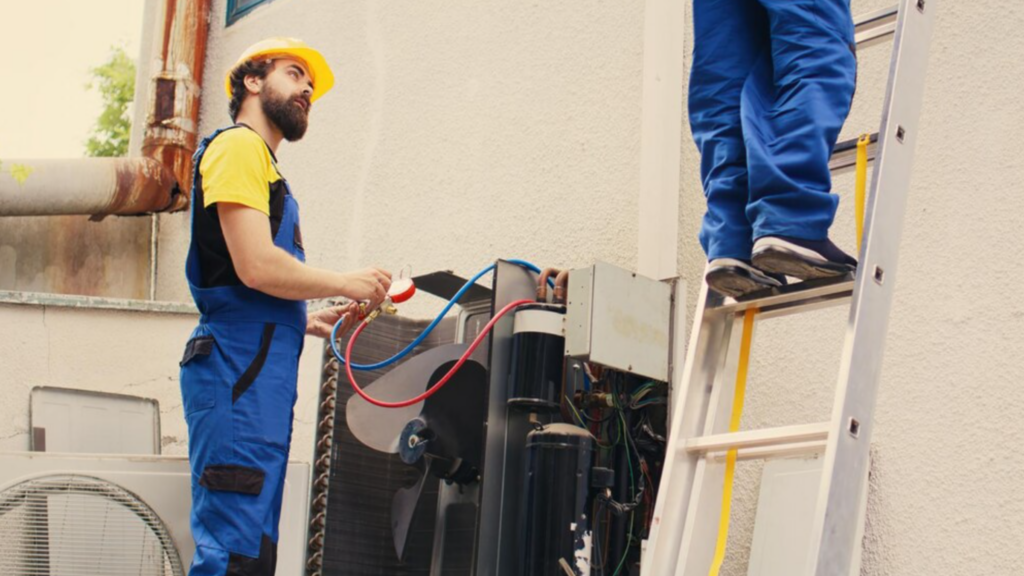
Electric water heaters avoid these risks of fire and carbon monoxide poisoning through their flameless operation. However, they do bring their own safety hazards with the presence of electricity near water. Faulty electric connections or compromised wiring can lead to shocks. The metal heating elements also remain hot after heating cycles, posing a burn risk.
While both types come with safety risks, gas water heaters carry more potentially catastrophic and deadly hazards through gas leaks, fires, and carbon monoxide poisoning. Proper installation and maintenance are critical for gas heater safety. Ultimately, electric models are the safer choice for most homes. The risks of shocks and burns are more manageable, especially compared to the threat of explosions.
Maintenance
When it comes to maintenance, electric water heaters are much simpler and more convenient than gas water heaters.
Electric water heaters have very few maintenance requirements. The heating elements tend to last 5-10 years before needing replacement. Other than that, just basic checks of water connections, anode rods, and flushing the tank to remove sediment are all that’s required.
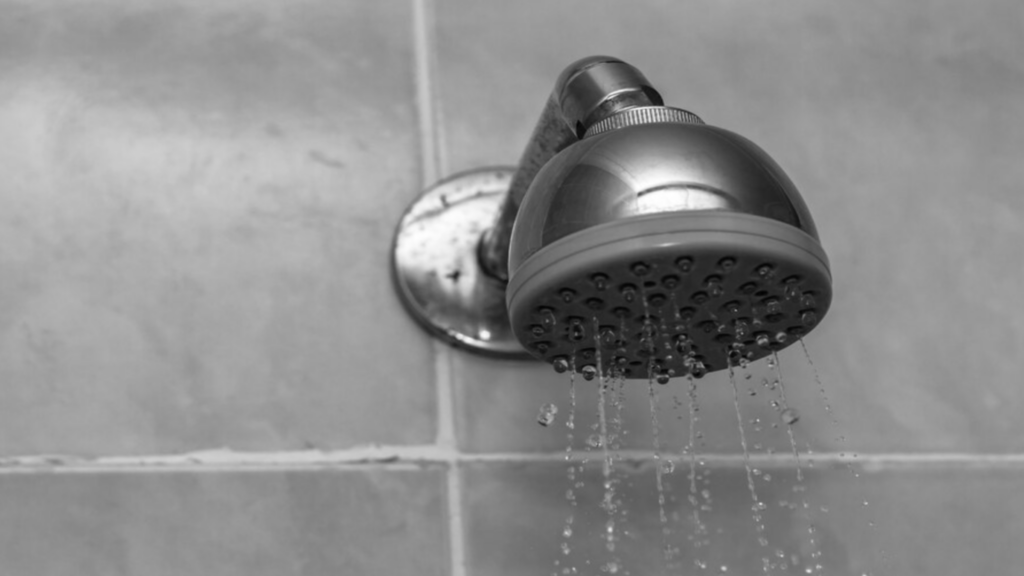
Gas water heaters have more involved maintenance needs. The pilot light needs to be checked regularly to ensure it is lit. The burner assembly and thermocouple may need cleaning if the pilot light goes out frequently. Gas lines should be inspected for leaks annually. Exhaust vents need to be checked for blockages. Overall, gas water heaters require more frequent checks and maintenance tasks compared to electric models.
The simplicity of electric water heaters makes them very low maintenance. You won’t have to budget for or schedule annual maintenance checks like you would for a gas water heater. The minimal maintenance of electric models is much more convenient for homeowners.
Electric and Gas Water Heater Installation
Installing a new water heater can seem daunting, but it’s easier than you may think. The main difference between installing a gas and electric model comes down to the fuel source.
With a gas water heater, you need access to a gas line to connect the appliance. This requires running a gas line if you don’t already have one near the installation location. A licensed plumber is recommended to ensure proper gas line installation up to code. The gas line must be sized appropriately to supply sufficient fuel to the water heater. Venting is also a key consideration, as gas heaters require proper venting to the outdoors for combustion gases.
Electric water heaters are much simpler to install, as they just need an electrical connection. The electrical service must be 240V to power most residential electric heaters. If you have the appropriate electrical setup in place, hooking up an electric water heater is a straightforward DIY project. Venting is not required like with a gas appliance.
Overall, electric models are generally easier to install than gas for most homeowners. Unless your home already has a gas line near the installation location, choosing an electric unit will likely save you time, money and complexity for installation.
Lifespan

When comparing the lifespan of gas and electric water heaters, electric models tend to last significantly longer. The average lifespan of an electric water heater is 10-15 years, while a traditional gas water heater will typically need to be replaced after 8-12 years.
This difference in lifespan can be attributed to a few key factors:
- Electric heating elements have no moving parts and require less maintenance. Gas systems rely on pilots, burners, and other components that wear out over time.
- Electric tanks are better insulated and lose less heat, reducing wear and tear. Gas tanks lose passive heat and work harder.
- Hard water and mineral buildup affect gas heaters more. The burnt gas can accelerate limescale formation on elements.
- Gas heaters are more prone to corrosion from condensation and exhaust. The burnt gas contains carbon dioxide and nitrogen oxides, which can slowly damage tanks.
- Electric models have more advanced controls and diagnostics. This allows them to optimize performance and last longer.
The longer lifespan of an electric water heater means fewer repairs or replacements over time. While the upfront cost may be higher, an electric heater will save you money in the long run by avoiding the cost of buying a whole new gas water heater every 8-12 years. The increased lifespan of electric models is a compelling advantage over gas heaters.
Deciding Between Electric and Gas Water Heaters
When it comes to gas vs. electric water heaters, electric water heaters are the better choice for most homes. Electric water heaters have several advantages:
Energy efficiency – Electric heat pump water heaters can be 2-3 times more energy efficient than gas water heaters. This saves a significant amount on utility bills.
Environmental impact – Electric heaters have lower greenhouse gas emissions than gas heaters. This is better for the environment.
Safety – Electric heaters eliminate the risk of gas leaks, fire, and carbon monoxide that comes with gas heaters.
Maintenance – Electric heaters have fewer parts and mechanical components. This means lower maintenance costs over time.
Installation – Electric heaters only need an electrical connection. Gas heaters require gas lines, exhaust venting, etc., making installation more complex.
Lifespan – The lifespan of electric heaters is comparable to or longer than gas. Heat pump water heaters have warranties for up to 10 years.
Overall, electric water heaters are a smarter long-term investment for most homes. Their energy efficiency provides savings on utility bills that outweigh the lower upfront costs of gas heaters. Electric heaters are also safer, easier to maintain, and better for the environment. For more information on electric and gas water heaters, contact one of Provincial Smart Home Services’ expert energy advisors and they will help you decide which solution is right for your home.
Related Posts
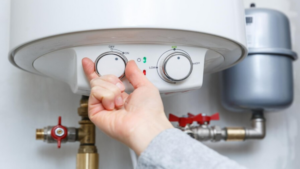
Water Heater Repair: Everything You Need to Know
Master water heater repair: fix leaks, cold water issues, rust, and noises with our DIY guide to save cash and prolong your heater’s life.
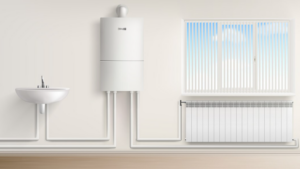
Heat Pump Water Heaters: Your Complete 2024 Guide
Considering a heat pump water heater in 2024? Our guide details operation, benefits, top brands, costs, sizing, and upkeep tips.
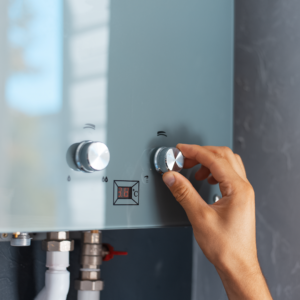
7 Signs You Need a New Electric Water Heater this Winter
Learn how an electric water heater saves money and helps the environment. Know when to replace your old heater with a new energy-efficient electric model.


No Comments